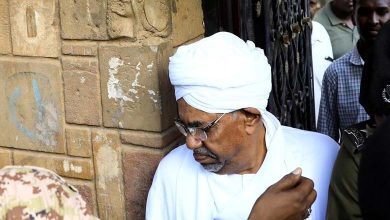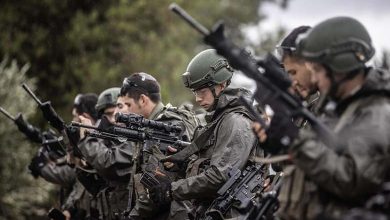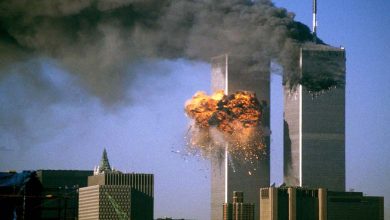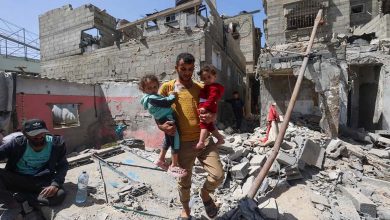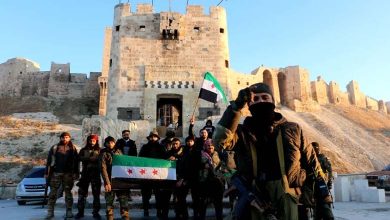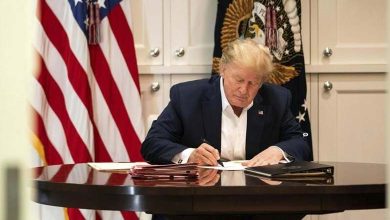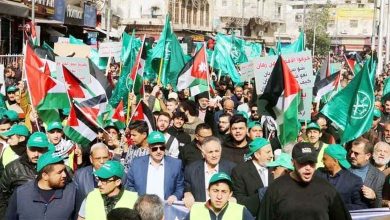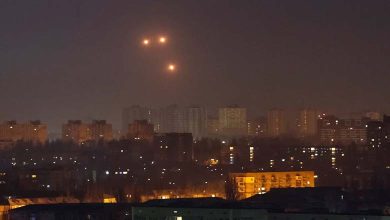Beirut: The survivors of Lebanese are angry against political elites after the explosion
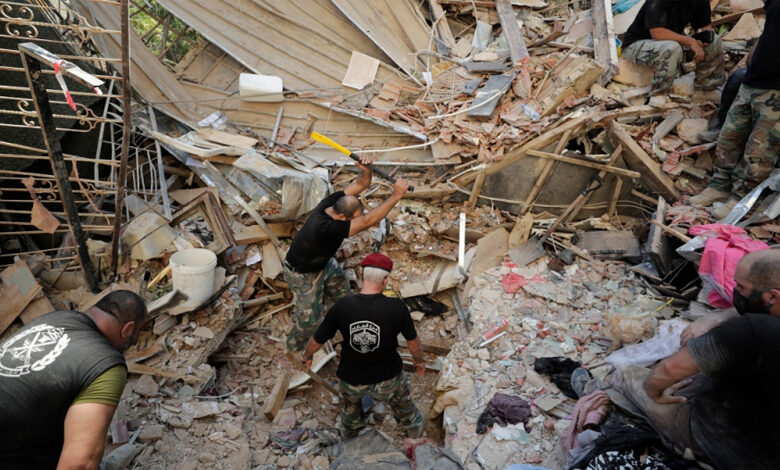
Walid Assi worked at a Beirut pizza on Tuesday night when a big explosion pushed him down. The ground under him shook and he saw a flash of white, the roof fell.
The chef told Reuters in a central district of the Lebanese capital: We can’t believe we got out of this alive, adding: People were bleeding, lying on the ground, running around in the streets…It was like a nightmare.
The Staff stood near to the restaurant in the morning after a huge explosion a few kilometers (miles) away the port of Beirut and the investigators blamed on negligence. Assi reported, once the shock subsided, the next feeling was anger: Why should innocent people have to suffer like this because of worthless rulers? Is this how cheap our lives are to them?.
On Wednesday, residents of Beirut woke up to a destruction capital. Rescuers dug through the rubble for survivors in a city that was already suffering from a financial crisis and a coronavirus outbreak.
The blast killed almost 135 people, and 5.000 have been injured and pushed up to 250.000 out of their homes after the shock waves that ripped outdoors and shattered windows miles inland. The death toll is expected to increase. Officials blamed the explosion on a big stock of highly explosive material stored for years in unsafe conditions at the port.
For a lot of Lebanese, it was the latest blast that they blamed on many sectarian political elites that have ruled for decades. Moreover, the government has promised to hold those responsible for the explosion to account. However, for workers and residents sweeping up detritus in the popular nightlife neighborhood of Gemmayze, clouds of dust swirling around them, it appeared just like the empty assurances that they were tired of.
Moreover, thousands of Lebanese have protested since October against the corruption of state and that pushed the country into financial ravage. The local currency has since crashed, sending prices soaring and leaving a lot of poor.
Rony Abu Saad reported that outside the blown-out storefront of his sandwich shop, and one of his employees had died under the wreckage inside: What more can happen to us other than death? It’s as if they want us to die.
He also said: This country now looks like its rulers, the garbage and rubble in the streets; it looks like them, added: If any of them has a speck of consciousness left, they would leave. Around him, shards of glass and twisted metal littered the pub street. The roof of a large petrol station had crashed atop its pumps. A loft building lost all its balconies. In one alleyway, collapsed billboards and tree branches smashed a row of cars. In another, a man paced back and forth on the sidewalk muttering this is war.
Abu Saad, whose furniture in his house near the sandwich shop was torn to pieces, hadn’t slept all night, said: We’re all still in shock, none of us can understand the scale of the destruction.
The debris shocked many even in a city that has suffered from crisis to another, such as a 1975-1990 civil war, a 2006 war with Israel, and a series of assassination bombings. Said Habib Medawar, 65, landlord of a building where two people had died, said: The worst part is this government and all those before it did nothing. Nobody cares. Did they know this warehouse was there, and they kept it there near our houses?. He sat outside in a yellow plastic chair, staring out towards the sea, and said: I don’t want to do anything; I can’t even bring myself to go inside.
Besides, Pierre Mrad, the medical director of a hospital in Gemmayze that was knocked out of service, held back tears: The blast had wounded staff and killed one of the nurses, and said: We evacuated all the patients. The hospital will have to be rebuilt. There’s nothing left, nothing to be done right now.



